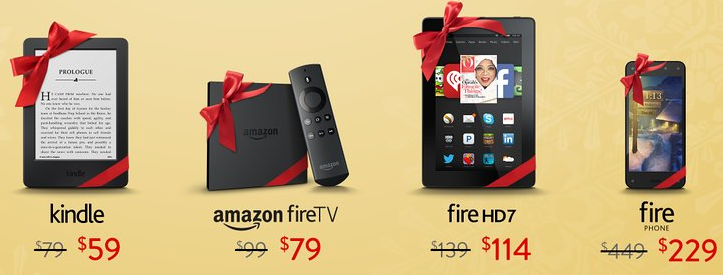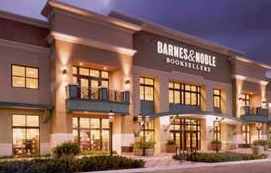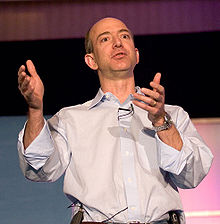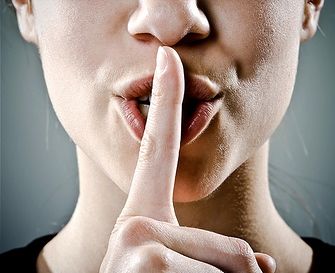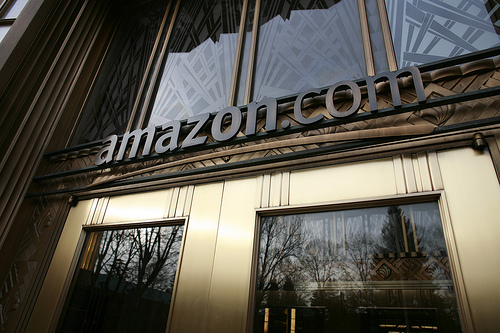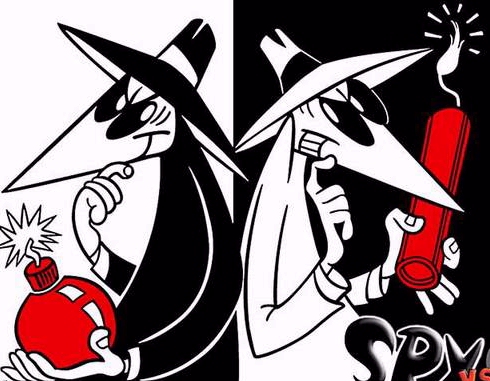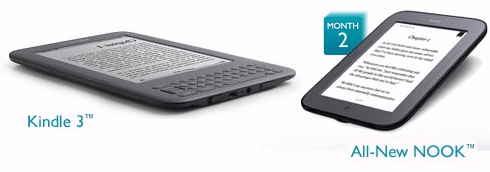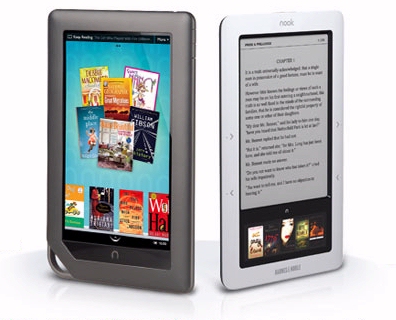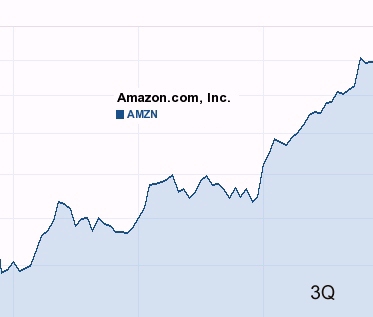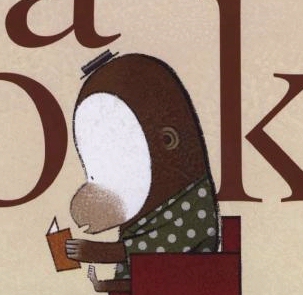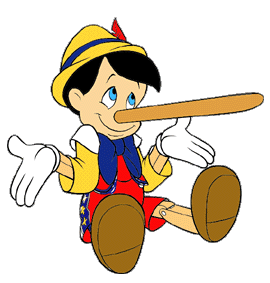Amazon’s got more holiday deals today. A Kindle is now just $59, and their voice-activated “Fire TV” set-top box is just $79. And they’re also offering a $114 Fire HD7 — and a Fire Phone for just $229.
tinyurl.com/AmazonHolidaySpecials
But I have to admit that shopping on Amazon at times feels like a “guilty pleasure”. For example, on a rainy morning last week, I did what feels like a terrible thing. There was a wonderful book that was on sale at Barnes and Noble, and I’d wanted to buy it as a Christmas gift. But that morning I’d been planning to enjoy a warm, cozy morning in that bookstore’s Starbucks. So after I settled in with my hot tea, I’d fired up my laptop, went straight to Amazon’s web site, and found a copy of that book that was $5.00 cheaper.
And then I ordered it from Amazon — while I was sitting in Barnes and Noble.
Barnes and Noble did get some money from me — when I paid for that delicious (but over-priced) Starbucks tea! And in the end, even when I purchased the book, it was just giving money to one giant corporation instead of a different giant corporation. You could argue that it’s reasonable (and very “American”) to shop wherever the price is cheapest. And of course, sometimes this can work against Amazon, too…
For example, this morning Amazon announced that they’re discounting their “Fire TV” stick to just $79. That feels like a great price, and my girlfriend and I do enjoy watching Amazon’s shows with her “Apple TV” set-top box. But that’s been complicated to set up, since we first have to start Amazon’s app on her iPhone, and then get the phone to communicate with Apple’s box. I thought maybe my girlfriend would appreciate Amazon’s easier solution, since it’s already connected to all of Amazon’s Prime TV shows — and can also be activated using voice commands.
But then I found even cheaper FIre TV sticks that were turning up for sale on Craigslist. There were even some eBay auctions selling Fire TV sticks which were brand new — and still sealed up in their original packaging — for less than $50. And if I didn’t want to wait for Craigslist, I could drive across town to pick up one today from somebody who lives in my community. Plus, I’d get to see another human face, hold the merchandise in my hands, and have an actual conversation about why they were selling it, when they’d bought it — and how they were enjoying their holiday season!
That’s the one thing you can’t buy from Amazon…
